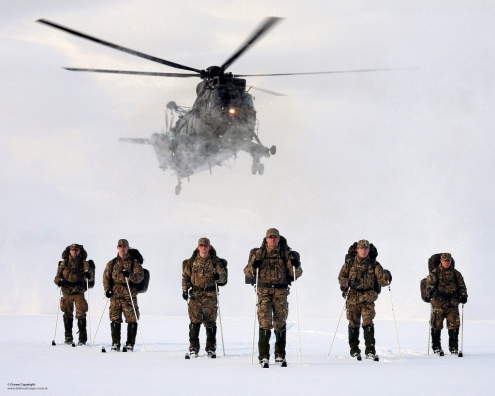 A chorus of voices across Nato is warning that the alliance cannot defend Europe’s eastern border against an increasingly aggressive Russia.
A chorus of voices across Nato is warning that the alliance cannot defend Europe’s eastern border against an increasingly aggressive Russia.
In a report due to be published on Friday by the Atlantic Council, six defence experts — including former secretary-general Jaap de Hoop Scheffer, deputy supreme commander Sir Richard Shirreff and former Italian defence minister and Nato military committee chair Giampaolo di Paola — warn of a grave “lack of progress” in the alliance’s plans to reinforce itself in the wake of Moscow’s invasion of Ukraine in 2013….
Many of the alliance’s key members are still dogged by “chronic underfunding” and “critical deficiencies” in their “hollowed out” militaries, says the Atlantic Council report. Of the German Bundeswehr’s 31 Tiger helicopters, for example, only 10 are usable — and just 280 of its 406 Marder armoured infantry vehicles. Others in the alliance simply have not done enough to shift their defence posture eastward.
For the UK “the deployment of a brigade, let alone a division at credible readiness, would be a major challenge”, says Sir Richard — previously chief of staff for Britain’s Land Command.
One of Nato’s set piece military exercises in Europe last year, Sir Richard notes, required the retrieval of tanks used for training in western Canada, “because the serviceability and spares situation in the UK’s fleet was so dire….”
“Non-credible defence efforts will not impress Putin,” says François Heisbourg, former French government defence adviser and now chairman of the International Institute for Strategic Studies. “Putin only takes symbolic moves seriously if the symbolism has a weight of its own,” Nato’s current plans, Mr Heisbourg said, do not appear to have any such gravity….
The danger of a strategic miscalculation by Moscow are higher so long as Nato’s posture is seen to be uncertain, Mr Heisbourg added. “It has to be about soldiers being permanently present there and rather more equipment than is currently planned . . . we need a tripwire force like we had in West Germany during the cold war.”
Image: British Marines skiing in Norway, Feb. 17, 2014 (photo: UK Ministry of Defense)
